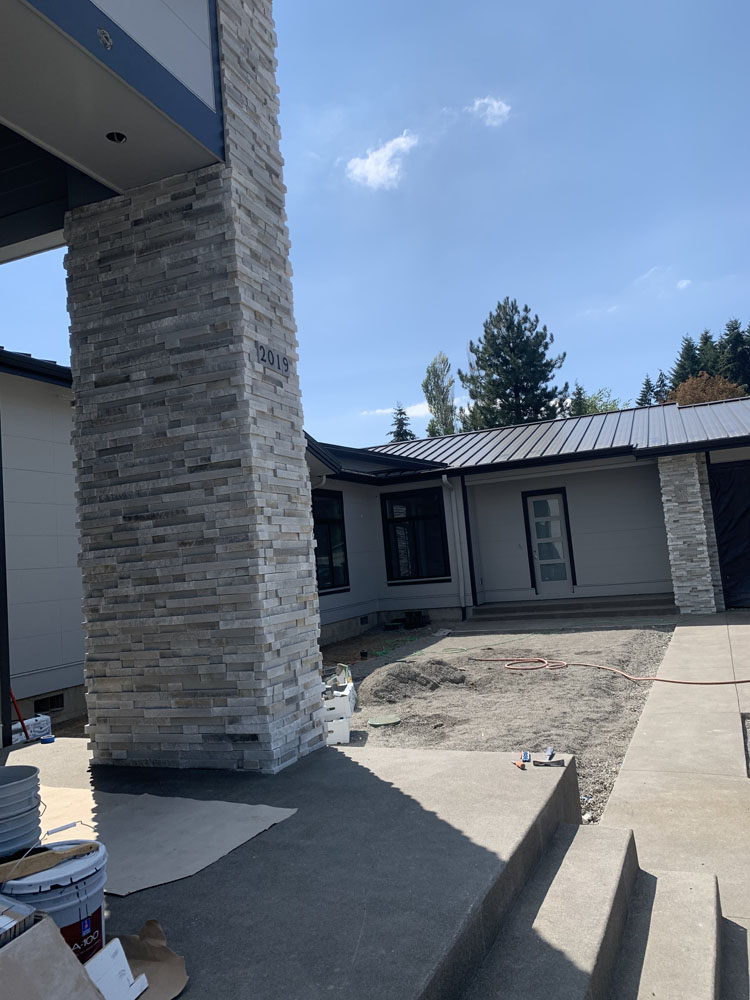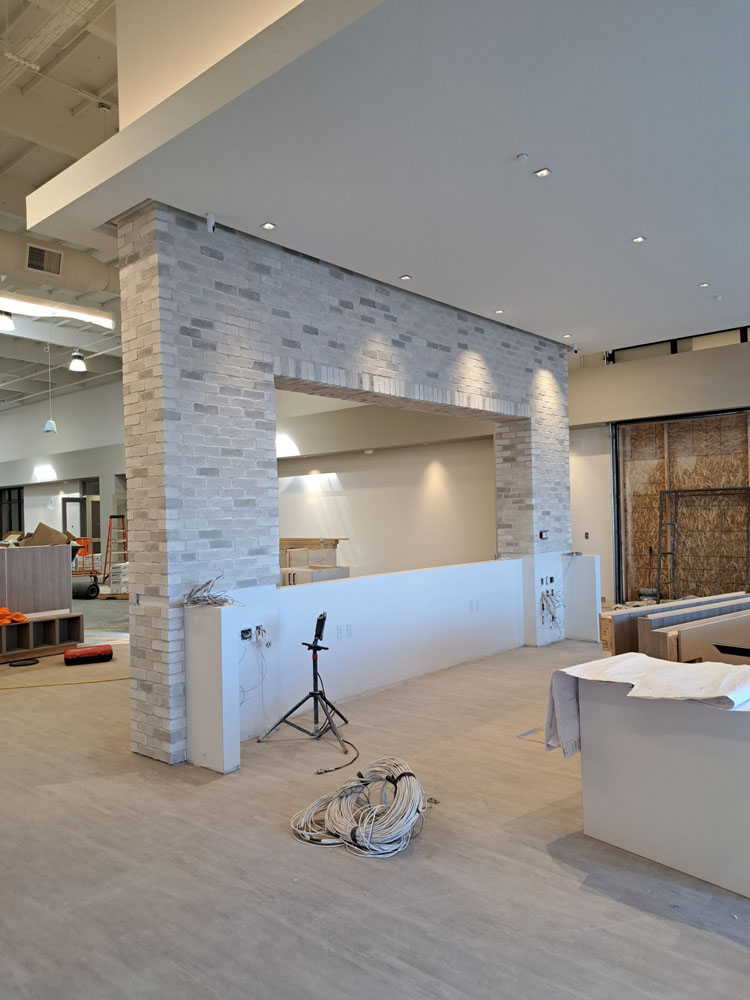Masonry chimneys are an integral part of many homes, serving not only as a conduit for smoke but also adding character and charm to your abode. However, like any structure, they can face deterioration over time, leading to potential hazards if not addressed promptly. Understanding when to repair your masonry chimney can save you from costly damages and ensure your home remains safe and cozy during chilly months. So, buckle up as we explore the critical signs that indicate your chimney may need immediate attention!
What is a Masonry Chimney?
A masonry chimney is constructed using materials such as bricks, stone, or concrete blocks. Unlike metal chimneys, which can corrode over time, masonry chimneys provide durability and aesthetic appeal. This type of chimney is often favored for its ability to withstand high temperatures and its classic look.
Key Components of a Masonry Chimney
- Chimney Cap: Protects against rain and debris. Flue: The passage through which smoke exits the home. Crown: The top surface that seals the chimney and prevents water infiltration. Brickwork: The main body providing structural integrity.
Know the Signs: When to Immediately Repair Your Masonry Chimney
So, you've got a masonry chimney—but how do you know when it’s time for repairs? Here are some telltale signs that should send you running to the phone:
1. Cracks in the Brickwork
Cracks can appear due to various reasons such as settling foundations or temperature fluctuations. If they're more than hairline cracks or if they expand vertically, it's time for a professional inspection.
Why Are Cracks Dangerous?
- They allow moisture intrusion. They compromise structural integrity. They can lead to dangerous fires if flue gases escape.
2. Spalling Bricks
Spalling occurs when moisture enters the bricks and causes them to break apart. This deterioration can lead to significant structural issues.
How Can You Identify Spalling?
Look for:
- Flaking surfaces Pitted areas Loose bricks
3. Leaks in the Attic or Ceiling
If you notice water stains on your ceiling or in your attic near your chimney, this could indicate that water is seeping through cracks in the chimney structure.
What Causes Leaks?
Leaks can be caused by:
- Damaged flashing Broken chimney caps Cracked mortar joints
4. Rusty Metal Components
If you see rust on your damper or other metal components of your chimney system, it's a sign of excess moisture which could lead to further damage.
Why Is Rust Problematic?
Rust indicates corrosion, which can weaken metal parts leading to malfunctioning systems and safety hazards.
5. Flue Blockage Symptoms
If you experience issues like smoke backing up into your home while using a fireplace, this could indicate flue blockage.
Common Causes of Flue Blockage Include:
- Animal nests Creosote buildup Debris from trees
6. Missing or Damaged Chimney Cap
A faulty chimney cap allows water and debris into the flue which could cause blockages or leaks.
Signs of Damage Include:
- Cracks in the cap itself Missing sections entirely
The Importance of Regular Inspections
Regular inspections play a pivotal role in maintaining your masonry chimney's health. Experts recommend having it checked at least once a year—more frequently if you use it regularly.

What Do Inspectors Look For?
During an inspection, professionals will assess:
Structural integrity. Mortar joint conditions. Flue conditions. Overall cleanliness from soot and creosote buildup.How Can You Prepare for an Inspection?
Make sure:
- The area around the fireplace is clear. Access points are unobstructed.
DIY Maintenance Tips for Your Masonry Chimney
While some repairs should always be left to professionals, there are several maintenance tasks homeowners can undertake themselves:
1. Clean Your Chimney Regularly
Cleaning helps prevent soot buildup that could become a fire hazard.
Steps for Cleaning:
Gather tools (brushes & vacuums). Wear protective gear (gloves & masks). Carefully brush inside flues until clean.2. Check for Obstructions Periodically
Look inside your firebox after each use—check that nothing is blocking airflow.
3. Inspect Seasonal Changes
After heavy storms or seasonal changes, inspect the exterior for any new signs of wear or damage.
When Should You Call in Professionals?
Sometimes DIY isn't enough; knowing when to call professionals is key:

Signs It's Time to Call an Expert:
Significant structural damage visible. Persistent leaks despite attempts at sealing. Issues with smoke exiting properly.FAQs About Masonry Chimney Repair
1. How much does masonry chimney repair cost?
Costs vary based on damage severity but generally range from $200-$2,000 depending on repairs needed.
2. Can I repair my masonry chimney myself?
Minor issues may be managed by homeowners; however, significant structural repairs should be handled by professionals.
3. How long do masonry chimneys last?
With proper maintenance, masonry chimneys can last upwards of 50 years; however regular inspections are essential!
4. What materials are best for repairing brick chimneys?
Use high-quality mortar designed specifically for brickwork—this ensures durability against weathering!
5. Is it necessary to waterproof my masonry chimney?
Yes! Waterproofing protects against moisture infiltration which leads towards further decay over time!
6.* How often should I have my masonry chimney inspected?*
Annually is recommended; more frequent checks might be necessary based on usage patterns!
Conclusion
Understanding Masonry repair "Know the Signs: When to Immediately Repair Your Masonry Chimney" empowers homeowners with knowledge essential not just for preserving their investment but ensuring safety within their homes! Regular maintenance alongside timely repairs enhances longevity while preventing costly replacements down-the-line! So don’t wait—keep an eye out for those signs!
Taking action early saves money and keeps that warm glow alive during winter nights!